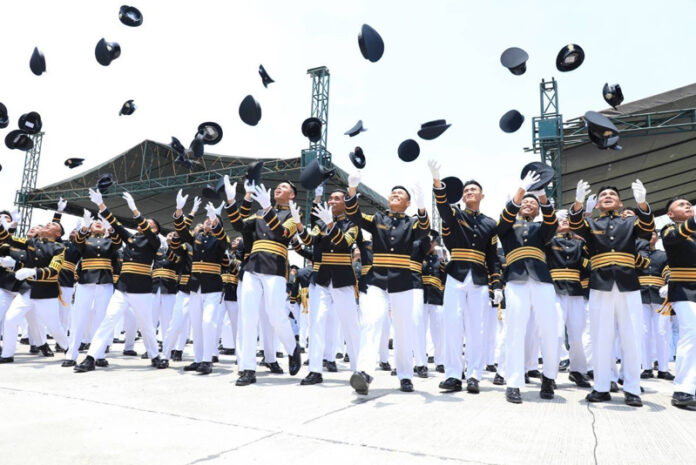The Philippine National Police (PNP) on Saturday said arrests made by its officers must have a legal basis in accordance with the directive of PNP chief Nicolas Torre III
Torre emphasized that a police officer’s arrest record would be considered when deciding whether or not to promote him or her.
In a televised interview, PNP spokesperson Brig. Gen. Jean Fajardo explained that the number of arrests made by an officer is only one of four factors for promotion, along with education, eligibility, and training.
She said the policy was enunciated by Torre in line with the PNP’s intensified anti-criminality drive, adding that the arrests were not limited only to drug suspects.
Fajardo clarified that Torre’s directive was to enforce the law and make sure the people are safe, but the mission could only be accomplished if the criminals are put behind bars.
“The only way we could do that is to catch them (criminals),” she said.
Fajardo disclosed that the PNP eyes collaboration with the Commission on Human Rights (CHR) to make sure that their operations are undertaken legally.
“In the past, there was a perception that the PNP and CHR were not in agreement because they were monitoring the sworn duty to protect human rights,” Fajardo noted.
She said the PNP chief will go to the CHR to clarify issues arising from negative interpretations of what he said previously.
According to the CHR, a policeman’s performance is not measured by the number of his arrests , but rather by checking who underwent the right process of apprehensions.
She said the CHR is welcomed to fact-check on the PNP’s performance of its duties.
“If they want to observe how the police make arrests, how the police patrol the streets, [they are welcome] so they can see if there is anything that needs to be improved, something that needs to be corrected in the ranks of the police,” Fajardo said.
Fajardo also said the PNP will begin implementing the five-minute response time in Metro Manila and other major cities like Cebu, Davao, and Iloilo.







